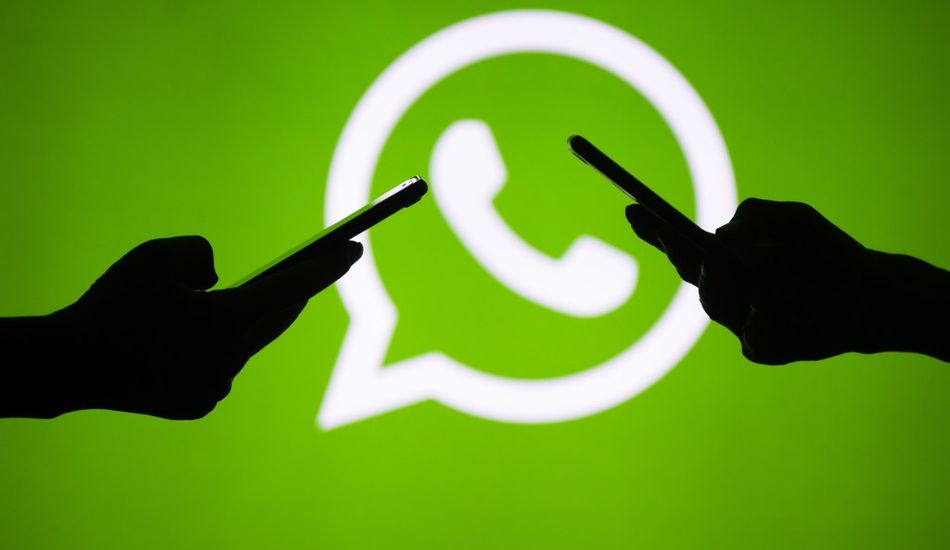
US House Bans WhatsApp on Staff Devices Over Security Risks
WhatsApp Banned on US House Staff Devices Due to Security Concerns
In a move highlighting escalating cybersecurity concerns, the U.S. House of Representatives has officially banned WhatsApp from all government-issued devices used by its staff. Citing a memo obtained by Reuters, the House's Office of Cybersecurity has flagged WhatsApp as posing a "high risk" to users. This stems from worries about data protection transparency, the absence of stored data encryption, and other potential security vulnerabilities.
What does this mean for those affected? Well, instead of WhatsApp, House staff are being directed to use alternative messaging platforms that are deemed more secure. Think Signal, iMessage, FaceTime, and Microsoft Teams. Each of these apps offers robust encryption and security features, making them a safer bet for sensitive communications.
This decision comes amidst increasing scrutiny of WhatsApp's security practices. If you remember, Meta (WhatsApp's parent company) revealed earlier this year that it had detected and disrupted a hacking campaign that targeted around 90 WhatsApp users, including journalists. The hack was reportedly linked to Paragon Solutions, an Israeli spyware maker with some controversial clients.
The situation with Paragon Solutions adds another layer of complexity. After all, this company was acquired in December of last year by AE Industrial Partners, an American private equity giant. Moreover, research indicates that the governments of Australia, Canada, Cyprus, Denmark, Israel, and Singapore are likely customers of Paragon. So, as you can see, the security landscape is becoming increasingly interconnected.
For those who rely on secure communications, this ban serves as a reminder to carefully consider the security protocols of the apps they use.
Source: TechCrunch